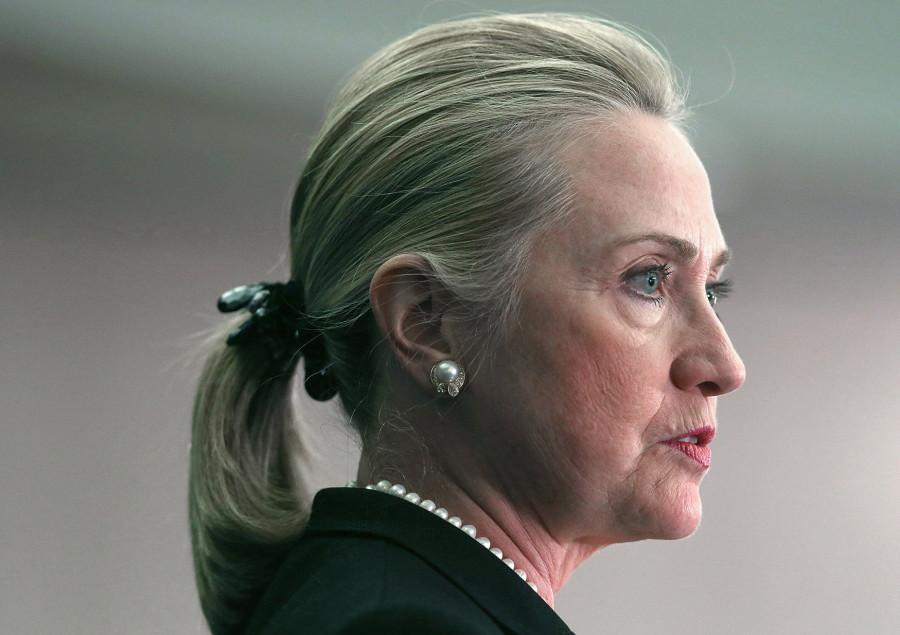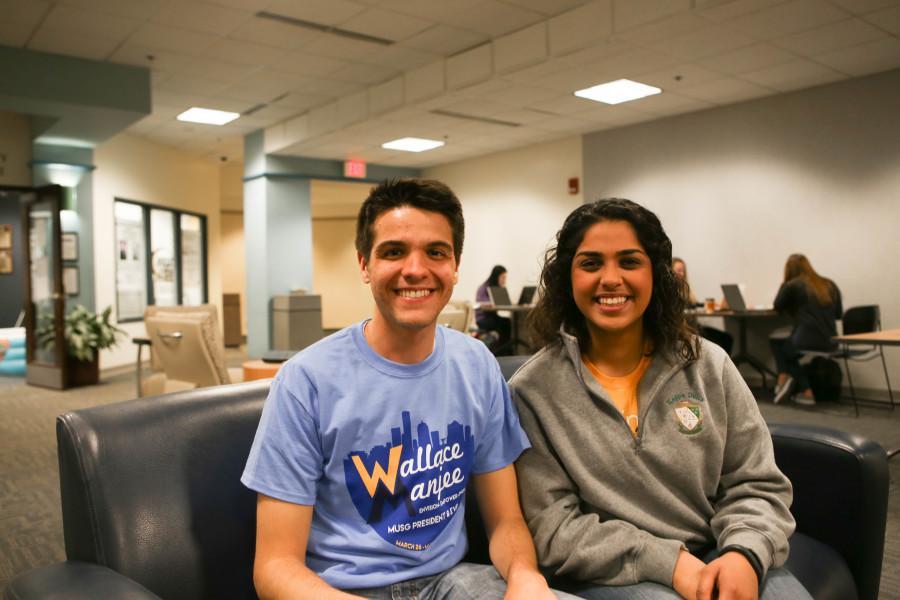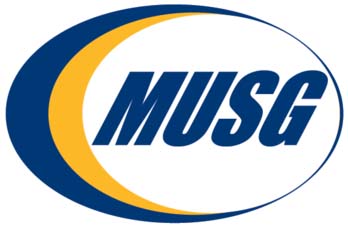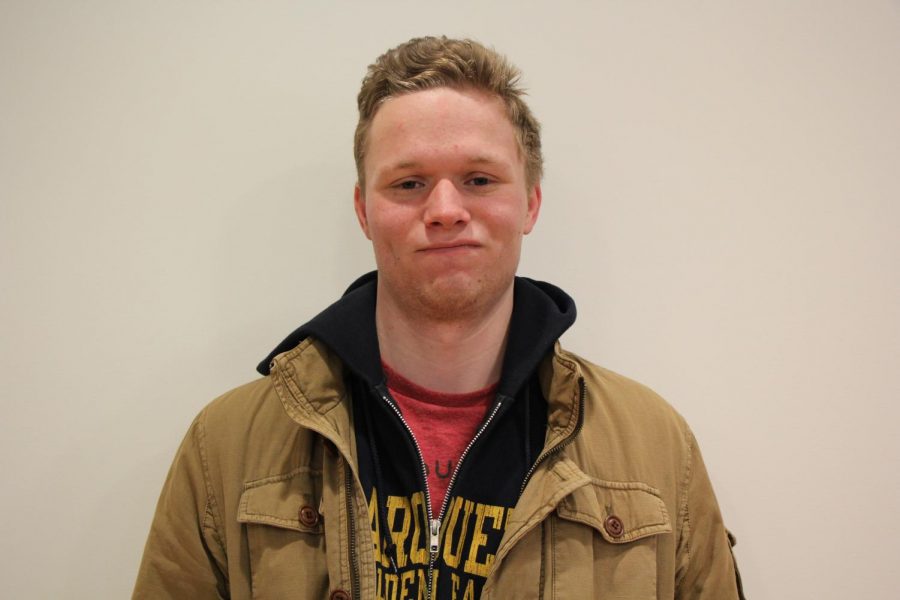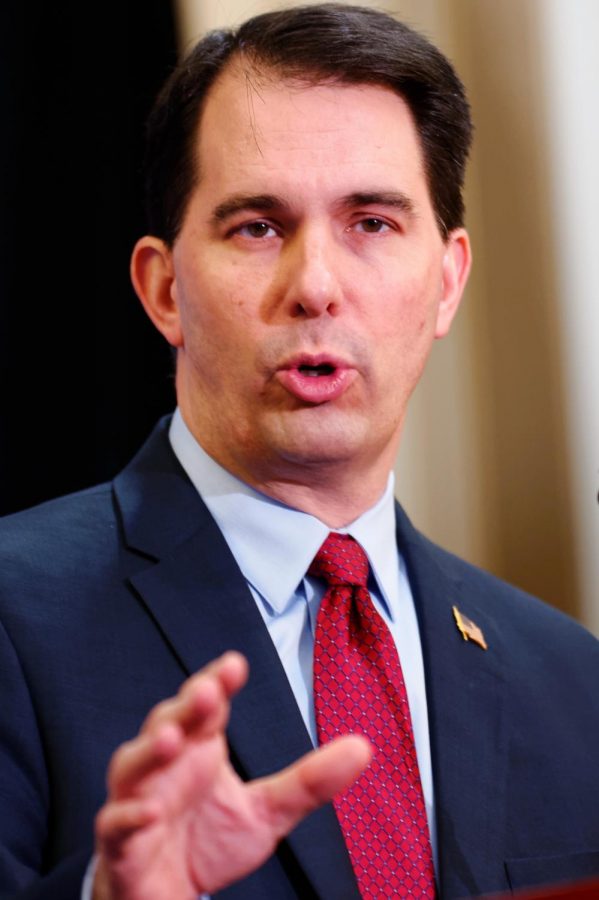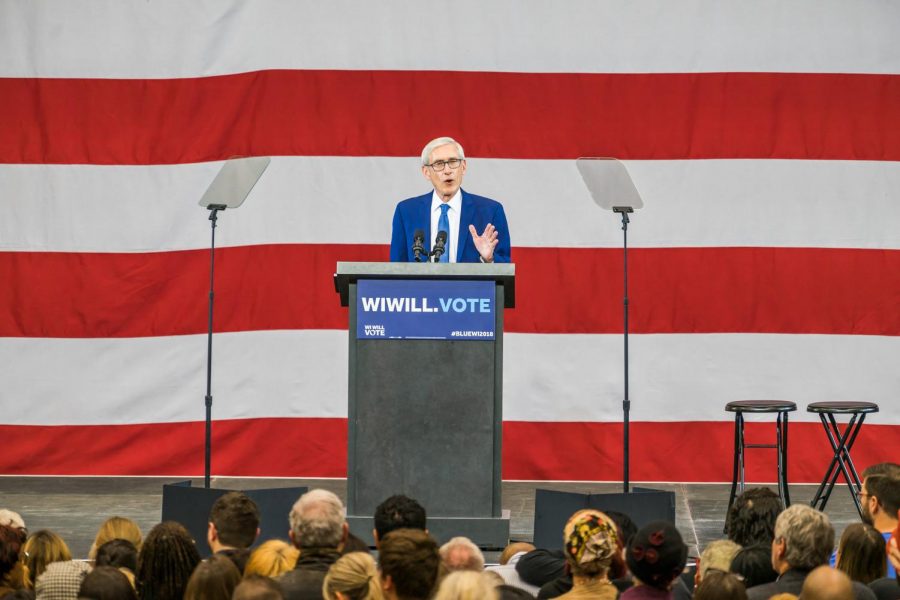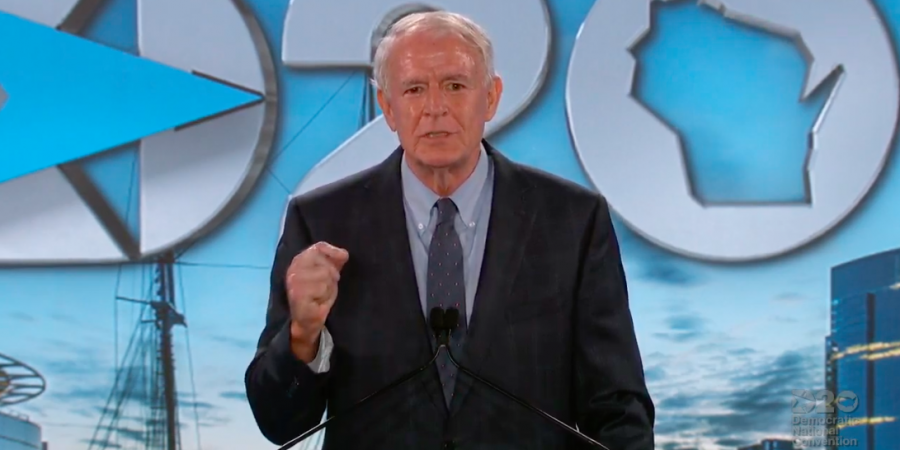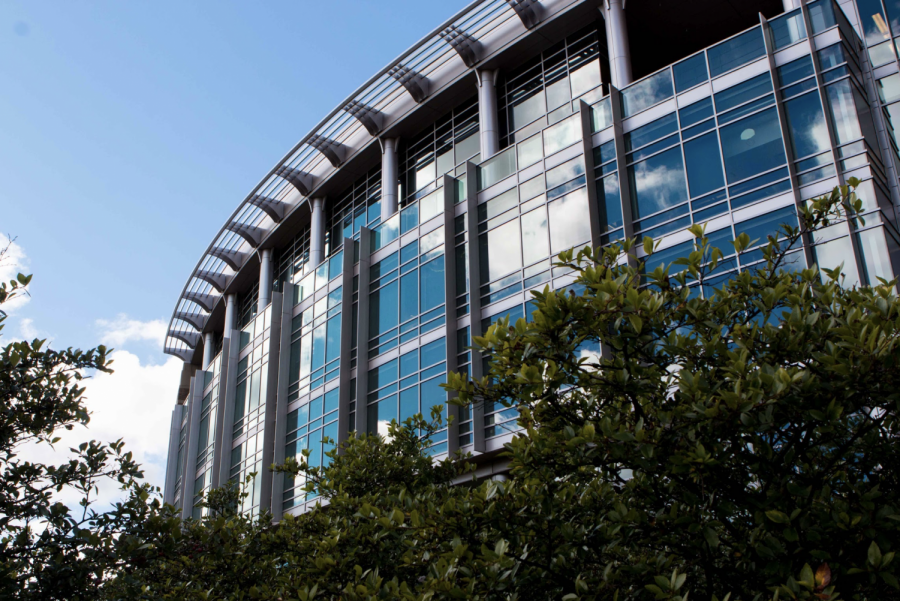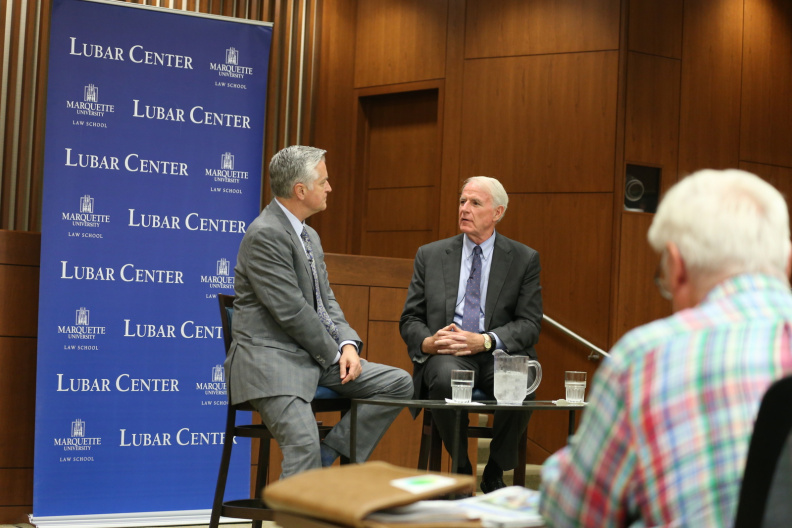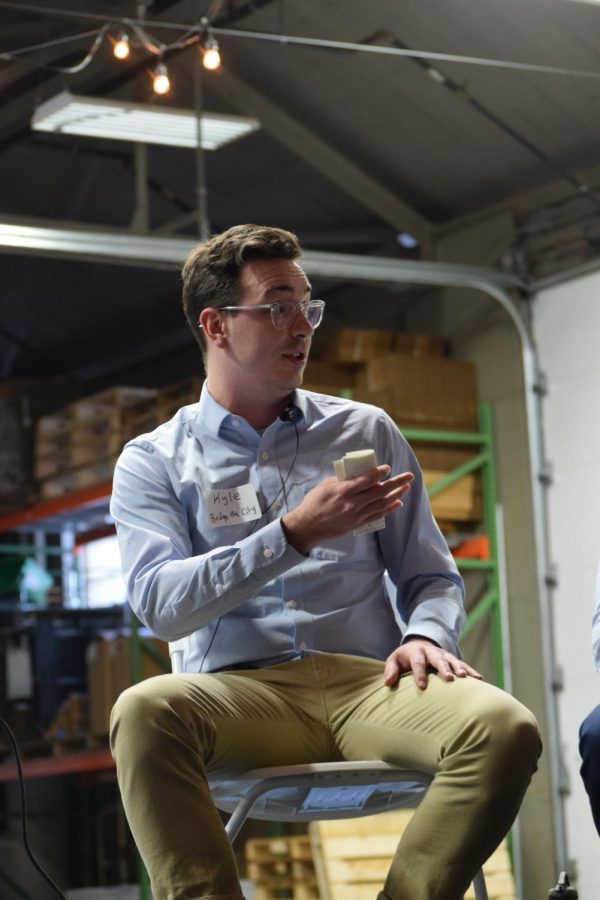
While giving a speech in California earlier this month, Gov. Scott Walker revealed plans to end Wisconsin’s same-day voter registration law in spite of its tendency to boost voter turnout rates, a development that has raised questions among other Wisconsin politicians, in order to make the voting process more efficient.
Walker mentioned terminating the law on Nov. 16 as he laid out a series of previously unannounced elements of his impending legislative agenda before a sold-out gathering at the Ronald Reagan Presidential Library and Museum in Simi Valley, Calif. – a location known as a platform for Republicans vying for the presidency.
Walker brought up the problems that can arise from a same-day registration system.
“States across the country that have same-day registration have real problems, because the vast majority of their states have poll workers who are wonderful volunteers, who work 13-hour days and who in most cases are retirees,” Walker said in response to a question from the audience. “It’s difficult for them to handle the volume of people who come at the last minute. It’d be much better if registration was done in advance of election day. It’d be easier for our clerks to handle that. All that needs to be done.”
Milwaukee Mayor Tom Barrett and other prominent Democrats expressed skepticism toward Walker’s claims and sought to pin his motives to partisan electoral advantages.
“Clearly the governor is upset with the election results and believes the outcome here in Wisconsin would have been different if there was no same-day registration,” Barrett told the Milwaukee Journal Sentinel. “(His) goal is to suppress votes of people who don’t vote for Republicans.”
The Nov. 6 election yielded 48,000 same-day voter registrants – 17 percent of total voters – in Milwaukee, which brought the city’s overall voter turnout to 87.24 percent, according to data from the City of Milwaukee Election Commission.
Marquette’s Alumni Memorial Union hosted the top three wards with the most same-day voter registrations in Milwaukee, according to statistics from the city commission. A majority of voters who cast ballots at Marquette’s polling site registered the same day. Of those same-day registrations, 42 percent voted Republican and 58 percent Democrat, city commission data showed.
Other hotspots for same-day voter registration included several wards at or near the University of Wisconsin-Milwaukee and the Milwaukee School of Engineering. Voters younger than 30 accounted for more than 20 percent of the state’s total turnout, the Journal Sentinel reported.
Neil Albrecht, executive director of Milwaukee’s Election Commission, said the termination of the same-day voter registration law would negatively impact access to elections for more transient groups, such as students and people living in poverty.
“A change to same-day registration is unwarranted in terms of increasing the accuracy and integrity of the election,” Albrecht said in an email. “There is no indication whatsoever of any correlation between same day registration and voter fraud. However, the elimination of same day registration would have a significant impact on the accessibility of the election to students and people living in poverty.”
Same-day voter registration also had a significant impact on the gubernatorial recall election in June, which recorded 43,126 Election Day registrations – 19.2 percent of the total turnout – in Milwaukee, according to numbers from the city commission.
Karen Hoffman, visiting assistant professor and director of undergraduate studies for the department of political science, said when election rules like the same-day voter registration law are being debated, it is usually true that electoral advantage is an underlying issue.
“Historically, each party tends to advocate election rules that benefit them,” Hoffman said. “Even in the 19th century during debates on the introduction of the secret ballot, a politician’s position on the issue could be predicted by how the secret ballot would help or hurt his electoral chances. So the same-day registration debate is typical of election rule debates in general. However, it is also true that the trend over time is for the rules to be less restrictive.”
Wisconsin is only one of 10 states, as well as the District of Columbia, that offer same-day voter registration. These states tend to net the highest turnout rates in the nation, according to statistics from the United States Elections Project. Wisconsin averaged a 60.93 percent turnout over the past six elections – almost 10 percent higher than the national average – and the Government Accountability Board estimated a turnout of 70 percent this month.
“The benefit of (same-day voter registration) is demonstrated again and again in the level of civic participation in elections,” Albrecht said in an email. “My hope would be that more states would adopt same day registration in a spirit of increasing voter participation, versus Wisconsin or any state removing this resource and limiting access.”
You can find the recording of Gov. Scott Walker’s speech on YouTube under “A Reagan Forum with Scott Walker – 11/16/12.”


